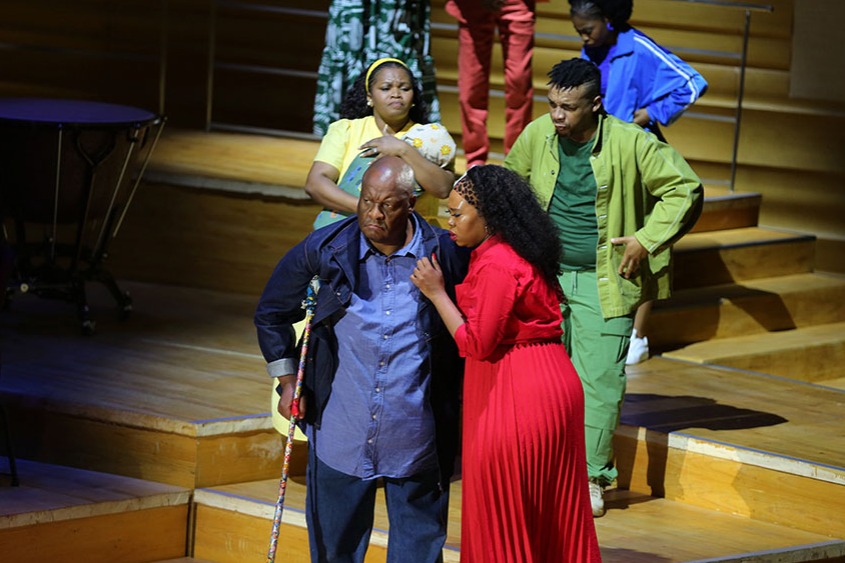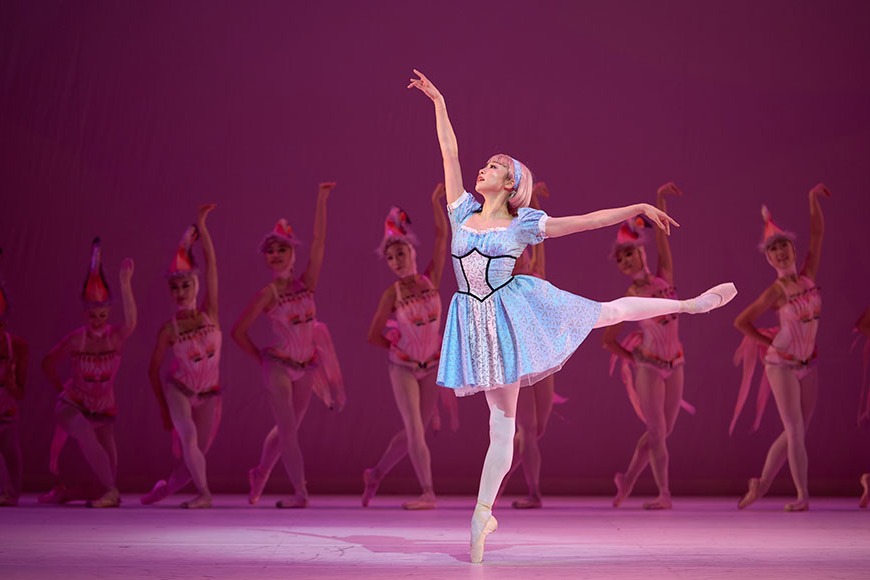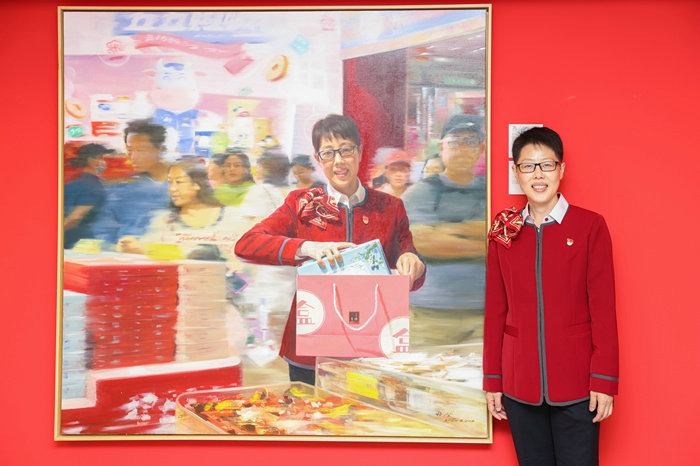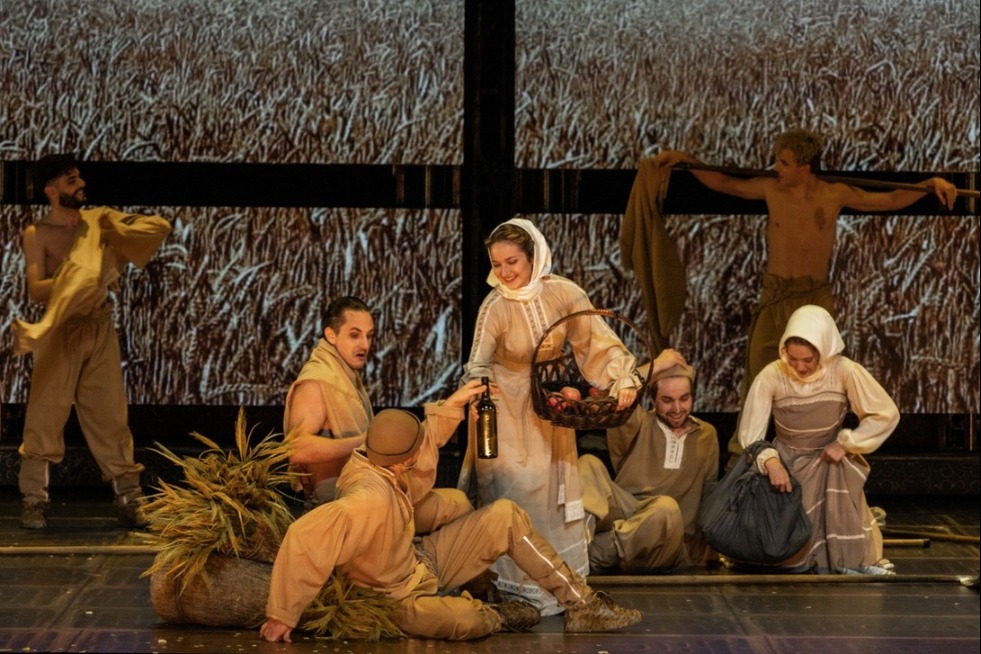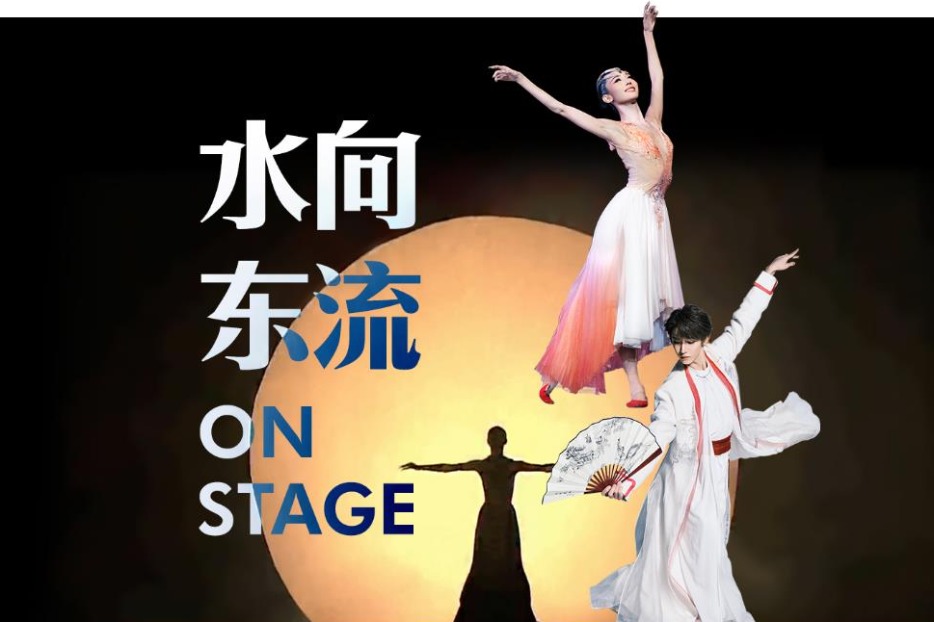Quadrangle Courtyard Embodies Beauty of Chinese Architecture

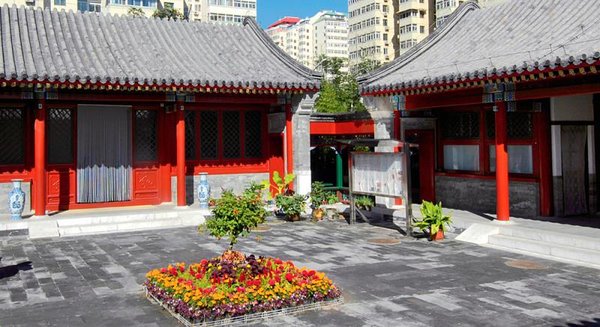
The quadrangle courtyard, the traditional dwelling of people of the Han ethnic group, has a time-honored history. A quadrangle courtyard is surrounded by houses on all four sides. The courtyard — which is spacious and well-arranged, and the houses of which are independent, yet connected by pathways — embodies the beauty of traditional Chinese architecture. Quadrangle courtyards in Beijing are the most typical — and most famous — of the quadrangle courtyards in China.
Quadrangle courtyards, which display China's profound and longstanding culture, are valuable elements of China's architectural and cultural heritage.
Quadrangle courtyards, mainly situated in northern China, date back more than 3,000 years. The earliest typical courtyard was found among the ruins of Fengchu Village, Qishan County, in Northwest China's Shaanxi Province. The compound, with two layers of courtyards, was built during the West Zhou Dynasty (1046 BC-771 BC).
Kublai Khan, founding emperor of the Yuan Dynasty (1271-1368), moved the dynasty's capital to Beijing in 1272, and he granted land to high officials and wealthy merchants. That resulted in the large-scale building of courtyard residences in Beijing. Hutong and quadrangle courtyards were the main architectural features in Beijing during the dynasty.
The quadrangle courtyard is a type of secluded dwelling, seen from the outside, with the entire building enclosed by tall walls. The courtyard faces south, with the entrance gate at the southeastern corner. A small quadrangle courtyard has only one courtyard, while a large compound has two or more courtyards, depending on the wealth and social status of the household.
The quadrangle courtyard is recognized as a masterpiece of traditional Chinese dwellings. A typical Beijing quadrangle courtyard reflects both utility and aesthetics in its design and construction. It is constructed with bricks and timber, with elaborate designs. The indigo bricks, grey tiles, vermilion-painted gate and the overall hue create an ambience of serenity and elegance. From the gables and eaves to the pillars and panes, the structure is ingeniously designed and decorated, and it exhibits the antique appeal of the entire building.
Minor parts, such as the eave edge, roof ridge, stone-gate pier, wooden window and door and the floor tiles are decorated with patterns that symbolize wealth and auspiciousness. They are carved or painted with images of wildlife, characters or figures. For example, the peony is the token of wealth and rank, and the bat denotes a blessing, due to how it is pronounced in the Chinese language.
In 2016, Beijing Publishing Group published Beijing Quadrangle Courtyards, which was compiled by the Beijing Local Chronicles Compilation Committee. The publication mainly recorded and introduced 923 well-preserved quadrangle courtyards in Beijing. The book, in two volumes, has more than 1 million words and contains about 5,000 pictures of courtyards.


















